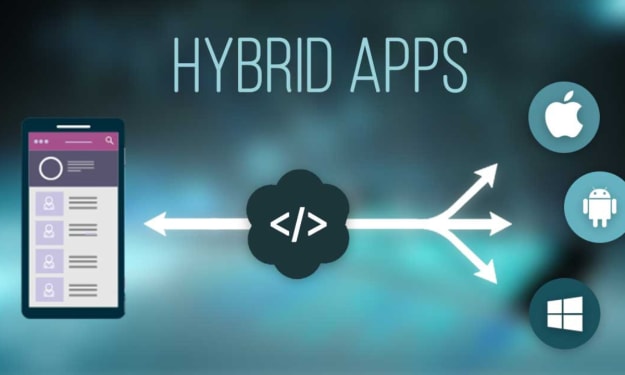What Are The Benefits of Implementing an ERP System
Benefits of Implementing an ERP System

In business having a clear view of your operations and making informed decisions is crucial for success. However managing data scattered across spreadsheets, emails, and various departmental systems can be a nightmare. This is where Enterprise Resource Planning systems come in.
An ERP system is exactly that. It streamlines operations, boosts productivity, and empowers you to make data-driven decisions that propel your business forward. Many benefits of implementing an ERP of Averiware are listed below.,
Data Security: Data security is paramount. ERP systems prioritize safeguarding your sensitive information. Gone are the days of spreadsheets flying around with inconsistent security protocols. With everything centralized in one location, controlled access ensures that only authorized personnel can view or edit data. Cloud-based ERP adds another layer of security with disaster recovery features, providing peace of mind in case of unforeseen circumstances.
Standardization and Centralization: Imagine the frustration of searching for information across disparate systems and battling inconsistent data formats. ERP systems eliminate this struggle by storing all your information from different departments in a standardized format. This fosters a collaborative environment where everyone has access to the same accurate data, allowing for easier retrieval, streamlined reporting, and the generation of valuable insights that were previously hidden within data silos.
Compliance Made Easy: Keeping up with ever-changing regulations can be a daunting task. ERP systems come to the rescue by providing easy record-keeping and report-generation tools. Many systems are even equipped to update you on regulatory changes, ensuring your business remains compliant. This translates to less time spent wrestling with paperwork and more time focusing on core business activities.
Productivity: Repetitive tasks can bog down employees and hinder overall productivity. ERP systems automate these mundane processes, freeing up valuable time for your workforce to focus on more strategic initiatives. Imagine your team no longer wrestling with manual data entry or chasing down information scattered across different systems. With an ERP system, they can streamline tasks, find the information they need quickly, and dedicate their energy to high-value activities that drive business growth.
Visibility: Imagine every department in your company having a clear view of the bigger picture. ERP systems provide this transparency by offering a centralized platform where everyone can access critical business data. This fosters better decision-making across departments. For instance, the purchasing team can see the status of existing orders before placing new ones, preventing overstocking or understocking situations. This kind of visibility empowers informed collaboration and strategic planning.
Scalability: As your business expands, your needs evolve. The beauty of ERP systems lies in their scalability. Most systems offer modular functionality, allowing you to add features and functionalities as your business grows. Cloud-based ERPs excel in scalability because additional resources can be easily added on demand. This ensures your ERP system remains a valuable asset throughout your business journey.
Mobility: The modern workforce demands flexibility. Today's ERP systems are mobile-friendly, allowing access to crucial dashboards, reports, and other critical information from smartphones and tablets. This empowers employees, particularly those in the field or who travel frequently, to stay connected and make informed decisions on the go. Imagine a salesperson being able to approve an order or a field service technician accessing customer information – all from their mobile device.
Cost Savings: ERP systems are cost-cutting machines. Reduced administrative costs due to automation, improved inventory management, and better planning all contribute to significant cost savings. Imagine eliminating the need for manual data entry, streamlining approval processes, and gaining real-time insights into inventory levels. These efficiencies translate to a healthier bottom line and improved financial performance.
Organized Workflows: Many businesses have workflows that have become ingrained over time, but may not be the most efficient. Implementing an ERP system often prompts a review of existing processes. By identifying and streamlining workflows across departments, ERP systems can eliminate unnecessary steps and ensure everyone is on the same page. This translates to tasks being completed faster and with fewer errors, ultimately boosting overall efficiency.
Real-Time Reporting: Gone are the days of waiting for reports or relying on outdated information. ERP systems provide real-time insights into every aspect of your business.
Implementing an ERP system can be productive for your business. By improving data security, streamlining processes, and providing valuable insights, ERP systems can help you achieve better operational efficiency, make smarter decisions, and ultimately drive growth.





Comments
There are no comments for this story
Be the first to respond and start the conversation.